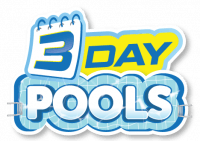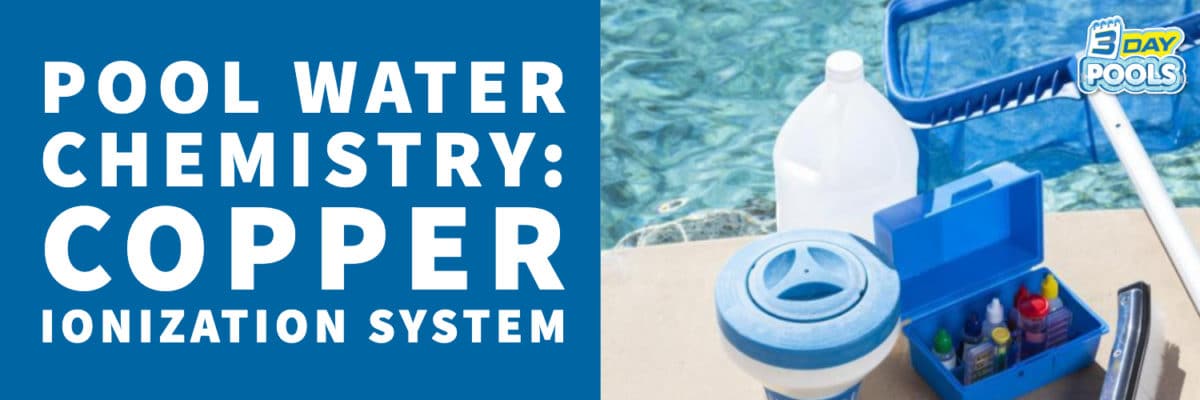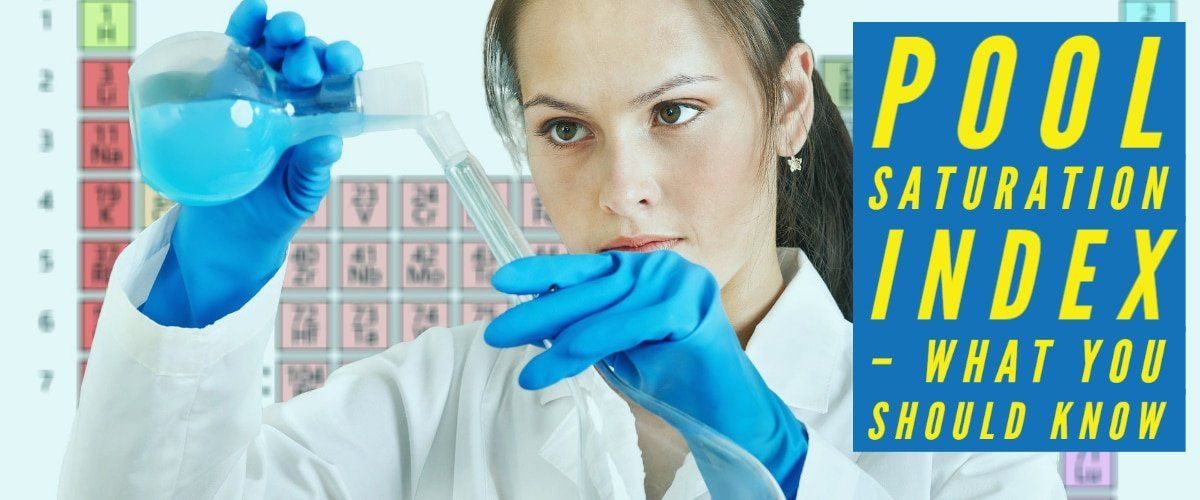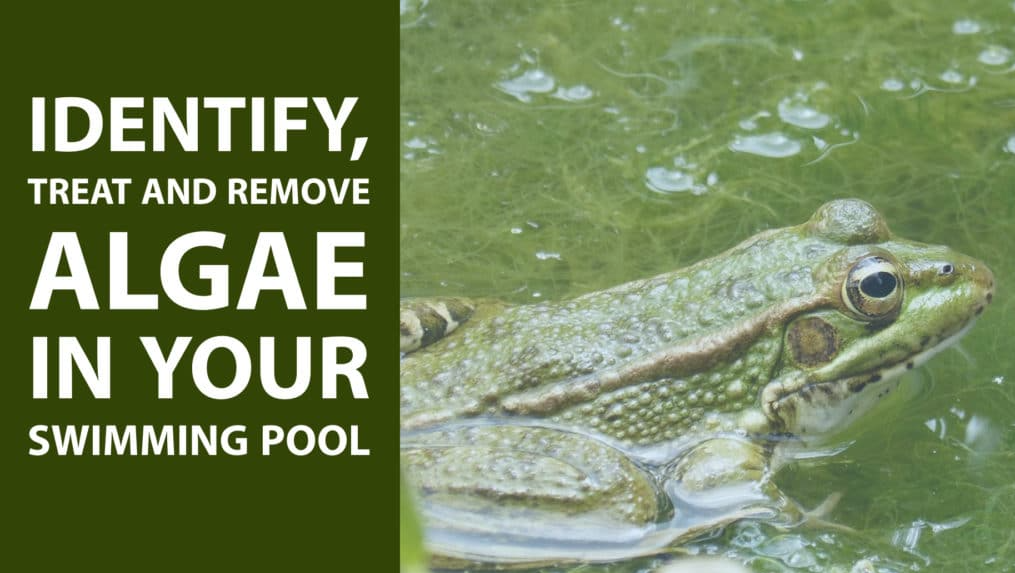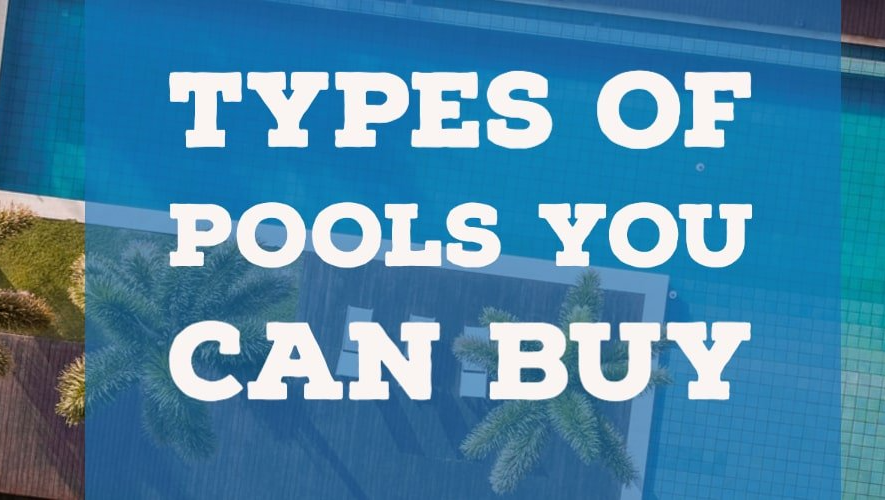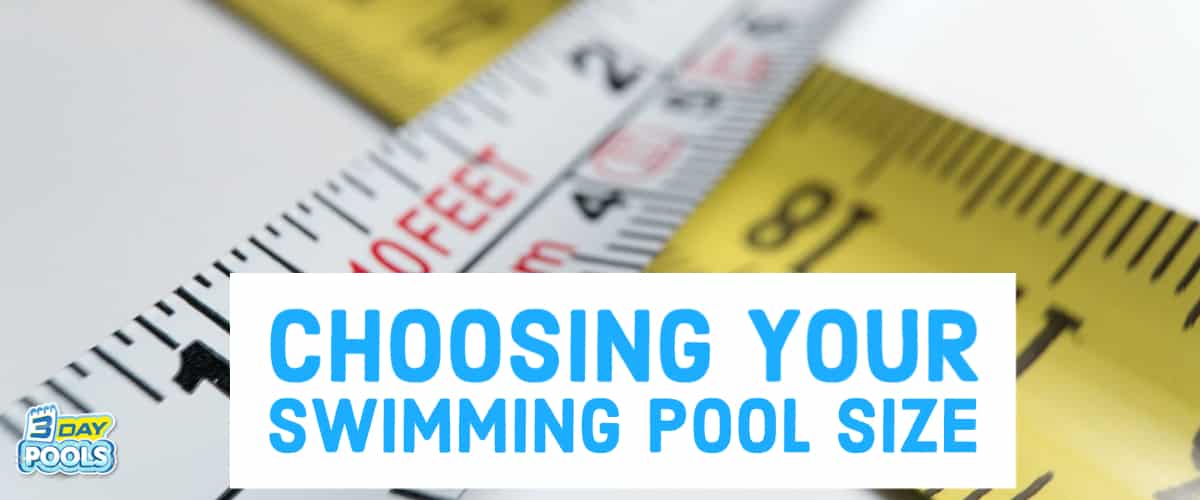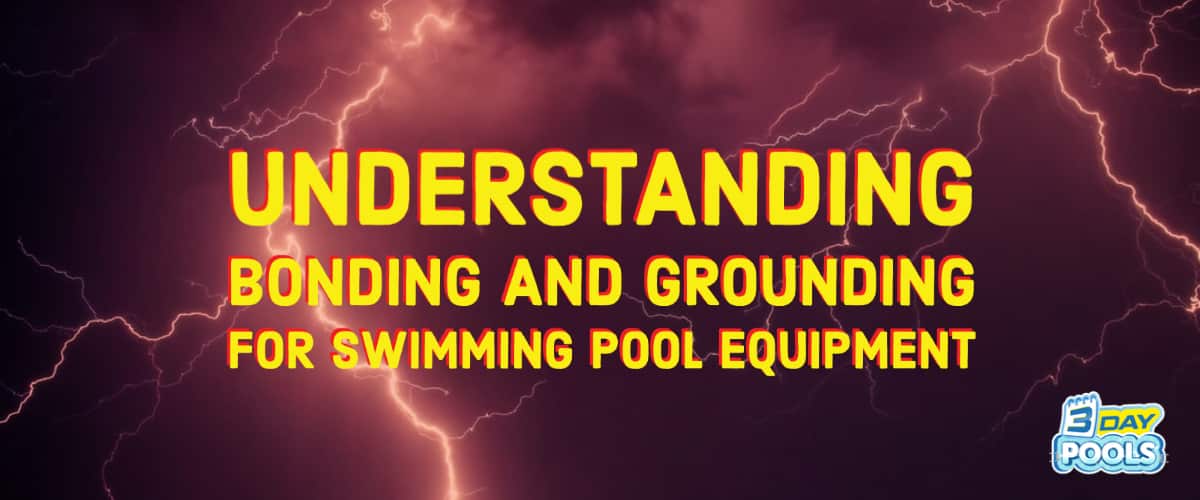416-268-4493
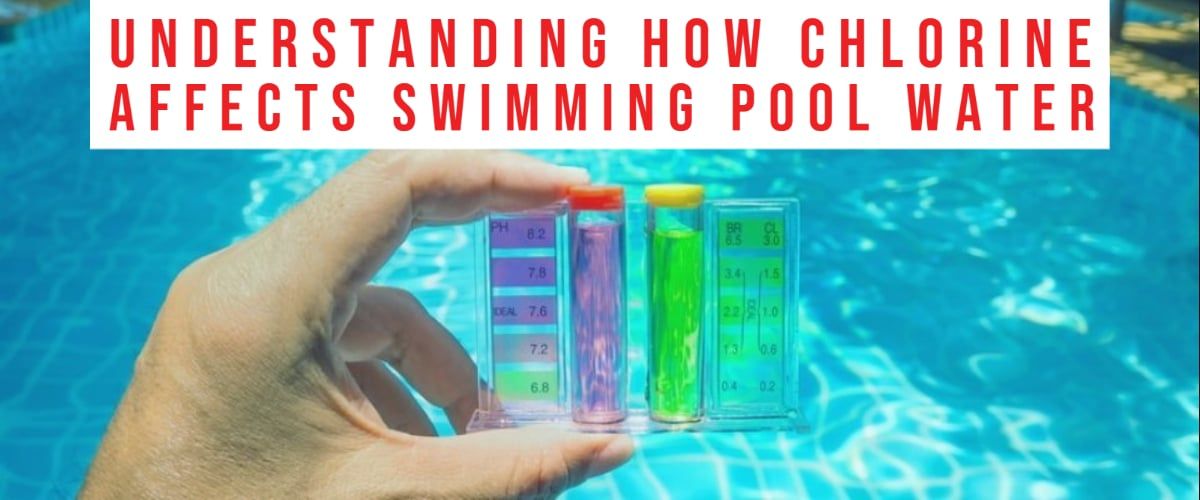
Understanding How Chlorine Affects
Swimming Pool Water
Understanding Pool Chlorine
You do not necessarily have to be a scientist to handle your pool’s chemistry properly. Of course, the chemistry knowledge will make your pool’s maintenance easier for you. It will also allow you to impress your friends and neighbours and know the science behind the things you do to keep a clean and healthy pool.
The Chemicals Used in Pools
There is a common mistake when it comes to pool chemical terminology; If you ask most people about the chemical used to clean pools, they will answer: chlorine. Chlorine is not the correct answer to the question as Hypochlorous acid is the chemical used to eliminate algae and bacteria. It is also what people measure when they check chlorine in their pool waters.
There are various options that you can use in your pool. People call all of them “chlorine” but as we said, that is not accurate.
These are the chemicals used in pools:
- Di-chlor
- Tri-chlor
- Calcium hypochlorite
- Sodium hypochlorite
- Lithium hypochlorite
While all these chemicals include chlorine, it’s hypochlorous acid (HOCI/HCIO) that cleans the pool water after the chemical reaction and not pure chlorine (CI2).
It is important to use a stabilizer for pool chlorine in order to avoid the sunlight leaching it from your pool water. Cyanuric acid is used more than any other for this purpose.
The Chemical Processes Used to Clean Pool Water
Any chemical process in this context will start with your pool water and your chosen chlorine additive. As soon as you add the chlorine additive, the chemical reaction results in the creation of hypochlorous acid (HCIO) which will take responsibility for cleaning the water.
- Normal Chlorine
Standard chlorine additives are easy to use. They don’t require any extra equipment as they produce hypochlorous acid as soon as they get mixed with water.
Here you can find the chemical equations for:
- Lithium hypochlorite: LiCIO+H2O LiOH + HCIO
- Calcium hypochlorite: Ca(CIO)2 + H2O Ca(OH)2 + HCIO
- Sodium hypochlorite: NaCIO+H2O NaOH + HCIO
When using these additives, you will always reach hypochlorous acid and a hydroxide variant. Hydroxides are basic so they increase the water’s pH so it’s not excessively acidic.
- Salt Chlorine Generator
It’s not as simple as we have seen before if you have a salt chlorine generator. Here are the chemical equations involved:
- #1: 2NaCL + 2H2O CL2 + 2NaOH + H2
- #2: CL2 + H2O HCIO + HCI
- Both together: 2NaCL + 3H2O HCIO + HCI + 2NaOH + H2
The first reaction displays the purpose behind using the salt chlorine generator. The generator’s cell divides the salt (NaCI) to make chlorine (CI2). The second reaction displays the chemical reaction in the water and how it turns chlorine into hypochlorous acid.
Is a Salt Chlorine Generator Necessary?
It is very important to check and adjust your pool’s water at least once a week. A salt chlorine generator makes this task easier for you. Most people neglect this weekly check and end up damaging their pool finish and equipment. Salt systems are very simple and most pool owners don’t acknowledge that sometimes their pH and chlorine reach terrible levels.
If you use a salt system, you need to make sure that you’re aware of the chemistry of your pool water.
OUR RELATED SWIMMING POOL TOPICS
Pool & landscape products specifications are believed to be accurate at the time of original publication.
Viewers should verify specifications & installation requirements with the installing dealer or manufacture’s manual rather than relying on information on this website, which is not intended to be a final specification.
